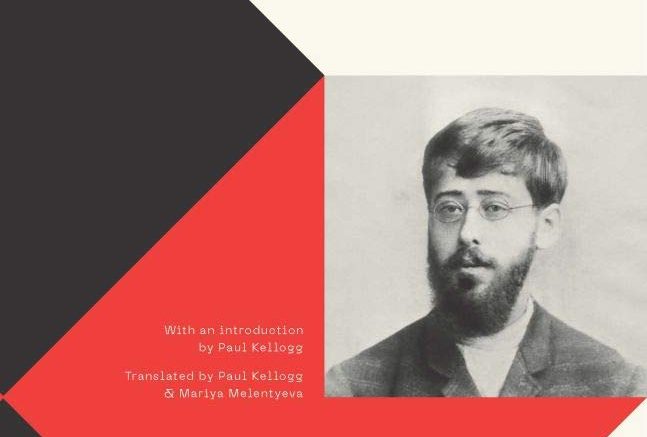Paul Kellogg and Mariya Melentyeva have performed an important service by bringing this long-forgotten work by the most famous of the Mensheviks back into print. Their new translation and Kellogg’s introduction are excellent; the book deserves a wide audience.
I first came across this material back in the 1970s, in the dusty back-room of a used bookstore high up in an industrial building in New York’s Greenwich Village. I was so taken by Martov’s writing that I reprinted most of this book in the journal I was then editing, The New International Review. There was no question in mind then and now that Martov’s was an important voice and a key figure in the creation of a left-wing alternative to Soviet Communism.
This book reminds me of what was so powerful about Martov’s ideas. For example, he describes the Bolshevik coup d’etat of November 1917 as “an attempt to create a state machine very similar in its structure to the former military and bureaucratic type” — meaning the tsarist regime — but “in the hands of a small party” (the Bolsheviks). Such a state — the Soviet state — “might be presented to the masses … as the destruction of the old state machinery, the birth of a stateless society based on a minimum of coercion and discipline.”
My problem with the book — and the reason why I’d describe it as flawed — is that the audience to which Martov directed his arguments no longer exists. The book consists in large part of a discussion of the French revolutions of the 18th century, 1848 and the Paris Commune of 1871. There are many more references to what the Commune did than what the Bolsheviks did. The reason is that Martov was desperately searching for quotes from Marx and Engels to prove that Lenin was anything but an orthodox Marxist — and these quotes are not hard to find.
The book was in a sense a rebuttal to Lenin’s dishonest 1917 pamphlet, State and Revolution in which he predicted the creation of a classless, stateless society following the revolution that his party was about to launch. The society Lenin described, without coercion, without police or prisons, is an anarchist fantasy. Within a few months of Lenin writing the book, the Bolsheviks were in happen, the Cheka had been created, the first labour camps built, the opposition socialist press banned.
Martov won the argument with Lenin, if the argument was really about who was the more authentic Marxist. But sadly, he lost the war.
